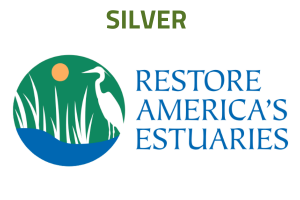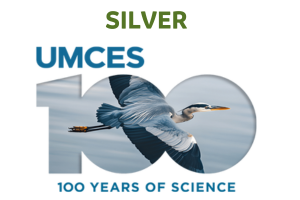- About
- Program
- Registration
- Experience
- Student & EC
- Hotel/Travel
- Sponsor/Exhibit
- Resources & More
CERF 2025 Collab Session BTuesday, 11 November 2025 | 1:00 PM – 2:30 PM ETTransitioning to High Frequency Sensors For Monitoring Water Quality | E10-a
As technology becomes more accessible, more groups choose to monitor water quality with high frequency sensors. This transition provides a wealth of new data but raises questions about data analysis and interpretation, the most effective way to use sensors, and how to maintain the benefits and consistency of existing water quality monitoring practices. We invite those working in water quality to gather to brainstorm, to share successful techniques for making this transition, and to highlight areas that require future research and refinement. Facilitators
CERF’s Inclusive Leadership Program: Cohort 1 Reflections | E10-c
Description The Inclusive Leadership Program (ILP) brings together a diverse cohort of coastal and estuarine professionals in a dynamic learning community where all members participate in expert-led training while also learning from each other. ILP provides current leaders with the knowledge, skills, and mentorship needed to be more inclusive leaders and affect culture change. This collab session will provide an overview of the program and bring together a panel of the first ILP cohort. This will be an interactive panel where cohort members share experiences, present their leadership projects, and answer questions from those interested in the program. Facilitators
Microbes in Coastal Restoration: Networks Bridging Science, Policy, and Practice | E10-d
Description Coastal ecosystems are among the most productive yet threatened systems on the planet. Integrating microbial ecology into restoration efforts offers an exciting frontier for improving outcomes, yet significant knowledge gaps and logistical challenges remain. This unique networking session aims to catalyze interdisciplinary discussions among restoration scientists, microbial ecologists, policymakers, and coastal resource managers, with the goal of building a collaborative network that shares a common goal of advancing restoration science. Through a combination of lightning talks and interactive breakout sessions, participants will share knowledge, identify challenges, and explore opportunities for integrating microbial ecology into coastal restoration efforts. Facilitators
Co-Production of Knowledge and Recommendations for Coastal Restoration and Management | E11-b
Description This session will build on topics presented during the adjoining scientific session related to the co-production of knowledge and recommendations for coastal restoration and management. Exploration of key strategies to effectively engage end-users, a reflection on lessons learned, and a discussion of key outcomes will be facilitated through small and large group discussions and interactive activities to encourage idea exchange. Attendees will leave with actionable tools and strategies to apply in their own work, including a network of others conducting similar efforts. Facilitators
|


